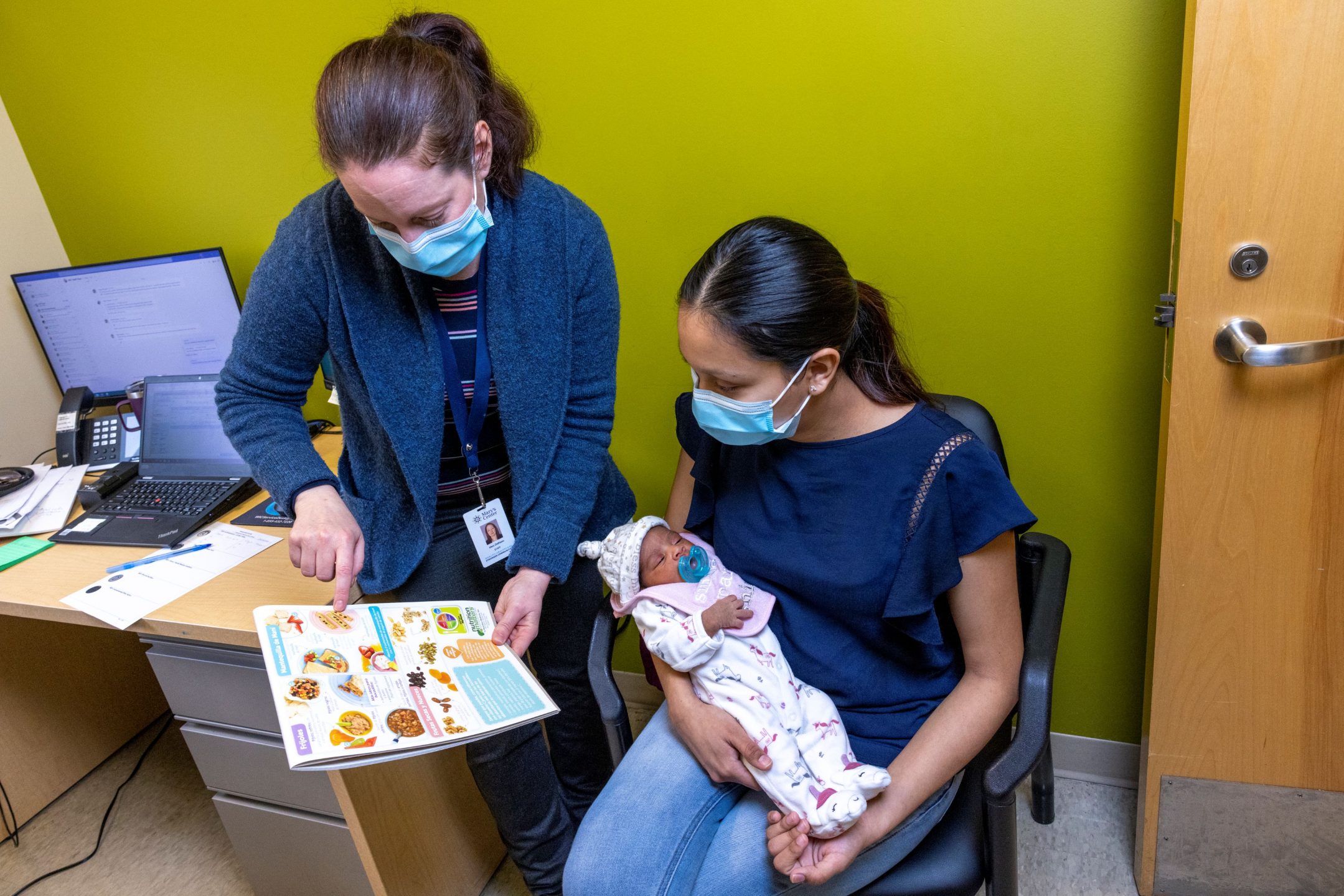In 2005, Mary’s Center became a Federally Qualified Health Center (FQHC). As a FQHC, Mary’s Center receives funding from the Health Resources & Services Administration (HRSA) in order to provide primary care services to under-served areas. To help ensure that Mary’s Center and other FQHCs across the country are providing high-quality services to their target communities, HRSA requires FQHCs to submit a core set of data points and metrics, referred to as the Uniform Data System (UDS) Report, on an annual basis. Examples of the type of data we share with HRSA include patient characteristics, services provided, clinical processes and health outcomes, patients’ use of services, staffing, costs, and revenues.
By analyzing our data, HRSA is able to learn how effective our services are and allows them to compare metrics from FQHCs across the country in order to establish nationwide averages and benchmarks. The UDS indicators inform HRSA’s funding determinations to help further expand access to care, address health disparities, improve quality of care, and reduce health care costs at FQHCs like Mary’s Center. This data is also important for us at Mary’s Center so we can better determine which clinical areas can be strengthened in the upcoming year and identify the areas in which we are excelling. Below are percentages detailing our success rates of certain UDS indicators from 2022:
- 90% of child/youth patients were counseled on and physical activity.
- 44% of adult MC patients received counseling to quit smoking after being screened for tobacco use.
- 26% of patients with high risk for cardiovascular disease received statin therapy.
- 100% of patients diagnosed with HIV entered treatment within 30 days.
Much of the funding provided by HRSA helps support medical and dental services provided by Mary’s Center. Not all of the services and programs that Mary’s Center offers are covered by this funding, which is why donations, contributions, and volunteer hours from generous community members are so impactful.
The Mary’s Center Social Change Model rests on the belief that only caring for physical health concerns is simply not enough to put our communities on a path toward good health, stability, and economic independence. That is why Mary’s Center’s model is focused on providing a combination of health care, education, and social support. With help from Mary’s Center’s network of supporters, we are able to provide wrap-around services including behavioral health care, an Integrated Recovery Program for individuals struggling with addiction, domestic violence support, among many other programs. Being able to provide these additional services to our participants helps strengthen their overall health and wellbeing, which leads to better success rates for the participant health outcomes we measure.
We are grateful to our community supporters and partners who invest in Mary’s Center’s mission and help us to improve the health, physical and emotional, of the thousands of individuals we serve each year. If you’d like to learn more about ways to get involved and give back to Mary’s Center, click here.

